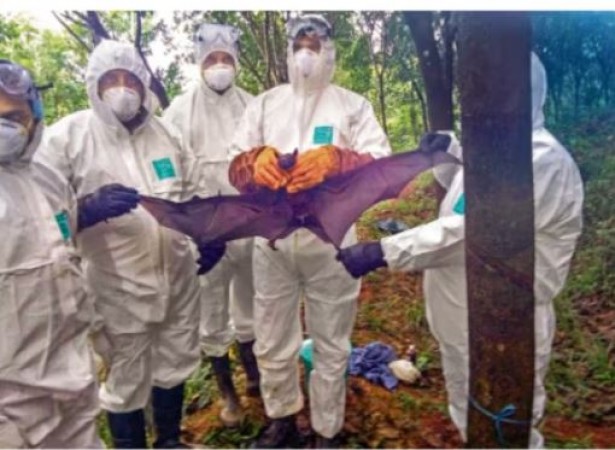
Nipah virus (NiV) is a zoonotic virus that can cause severe illness in both animals and humans. First identified in Malaysia in 1999, Nipah virus outbreaks have occurred primarily in Southeast Asia and South Asia, leading to significant concern due to its high fatality rate. In this comprehensive article, we'll delve into the details of Nipah virus, including its symptoms, treatment, and essential precautions.
I. What is Nipah Virus?
Nipah virus is a member of the Paramyxoviridae family, which includes viruses responsible for various diseases in animals and humans, such as measles and mumps. It is transmitted from animals to humans, primarily through contact with infected pigs or consumption of contaminated food products.
II. Symptoms of Nipah Virus Infection:
The incubation period for Nipah virus ranges from 4 to 14 days after exposure. Symptoms may vary but can include:
Fever: High fever is one of the initial signs of Nipah virus infection.
Headache: Severe headaches often accompany the fever.
Muscle Pain: Patients may experience muscle pain and weakness.
Respiratory Issues: Breathing difficulties, cough, and sore throat can develop.
Encephalitis: Nipah virus is known for causing severe inflammation of the brain (encephalitis), leading to altered consciousness, confusion, and even coma.
Seizures: Some patients may experience seizures.
Vomiting: Nausea and vomiting are common symptoms.
Atypical Pneumonia: In some cases, it can progress to atypical pneumonia.
It's important to note that Nipah virus infection can be fatal, with a mortality rate ranging from 40% to 75%, depending on the outbreak and available medical care.
III. Treatment:
There is no specific antiviral treatment for Nipah virus till now. Supportive care is the mainstay of treatment. Patients with severe respiratory distress may require mechanical ventilation. Additionally, measures to reduce complications, such as seizures and elevated intracranial pressure, are essential.
Experimental treatments and antiviral drugs were being researched, but none had received widespread approval at that time. Please consult current medical sources for any advancements in treatment since then.
IV. Precautions and Preventive Measures:
Preventing Nipah virus infection is crucial due to its high mortality rate. Here are essential precautions:
Avoid Exposure: Avoid contact with sick pigs and bats, which are common reservoirs of the virus. Do not consume products from sick animals.
Practice Good Hygiene: Wash hands regularly with soap and water. Use hand sanitizers if soap is unavailable.
Isolate Infected Individuals: Patients with Nipah virus should be isolated to prevent further transmission.
Use Personal Protective Equipment (PPE): Healthcare workers should use appropriate PPE, including gloves, masks, gowns, and goggles, when caring for Nipah virus patients.
Educate Communities: Raise awareness about Nipah virus and its transmission among at-risk communities to promote early detection and isolation of cases.
Restrict Movement: During outbreaks, authorities may impose movement restrictions to prevent the virus from spreading to unaffected areas.
Monitor Animals: Implement surveillance systems to detect Nipah virus in animals, especially pigs and bats.
Research and Vaccine Development: Invest in research for effective antiviral treatments and vaccines.
It's important to stay informed about the latest developments in Nipah virus research and outbreaks, as recommendations and guidelines may evolve over time. Adhering to proper precautions is critical in preventing the transmission of this potentially deadly virus. Always seek guidance from local health authorities and the World Health Organization (WHO) for the most up-to-date information and guidance regarding Nipah virus.
Building a Lunar Home: The Essentials for Human Settlement on the Moon
Hindi's Rich Heritage: From Ancient Roots to Modern Influence
Enthusiastic Supporters Gather as CM Yogi Adityanath Pays Respects to Lokmata Devi Ahilya Bai Holkar